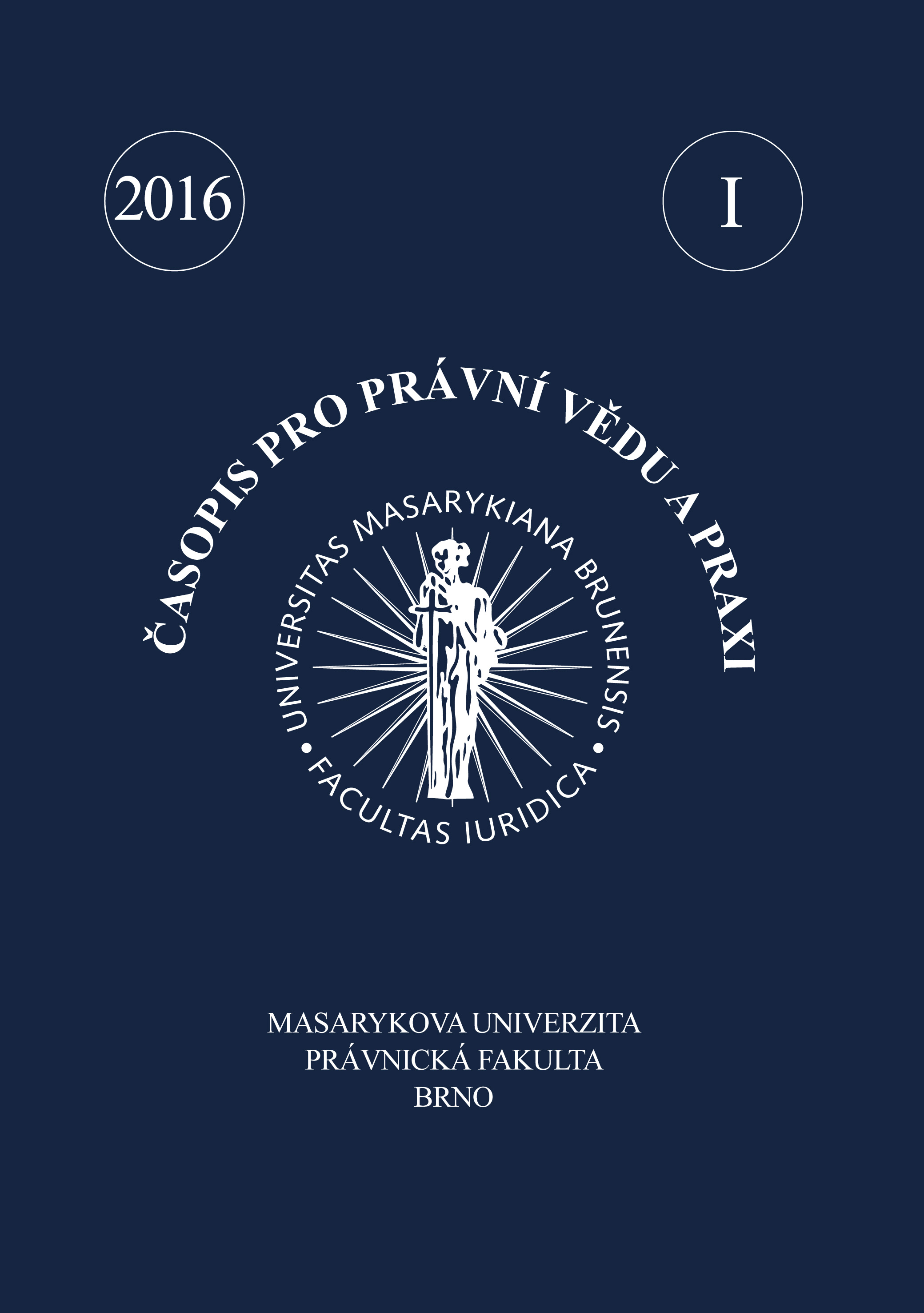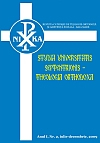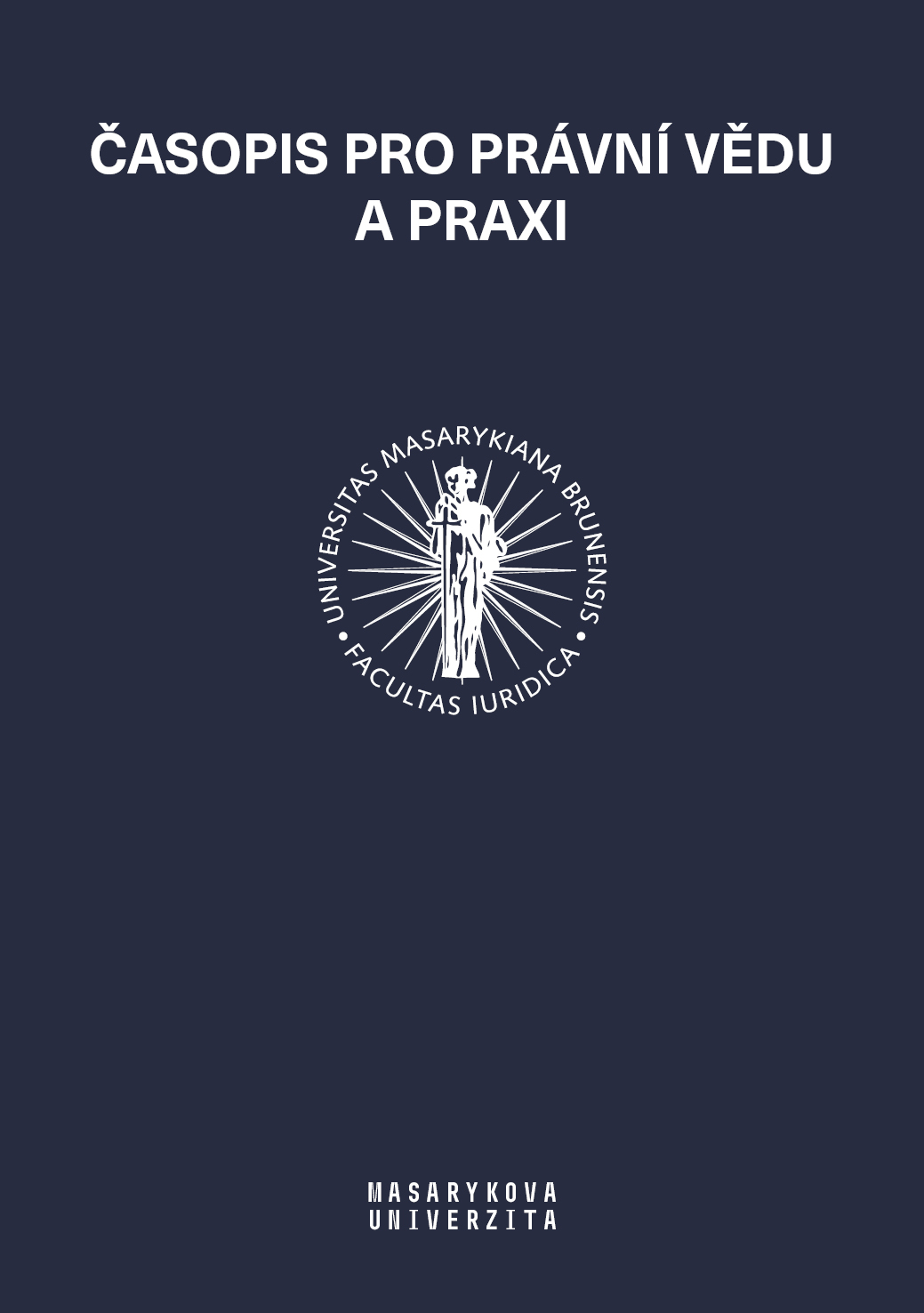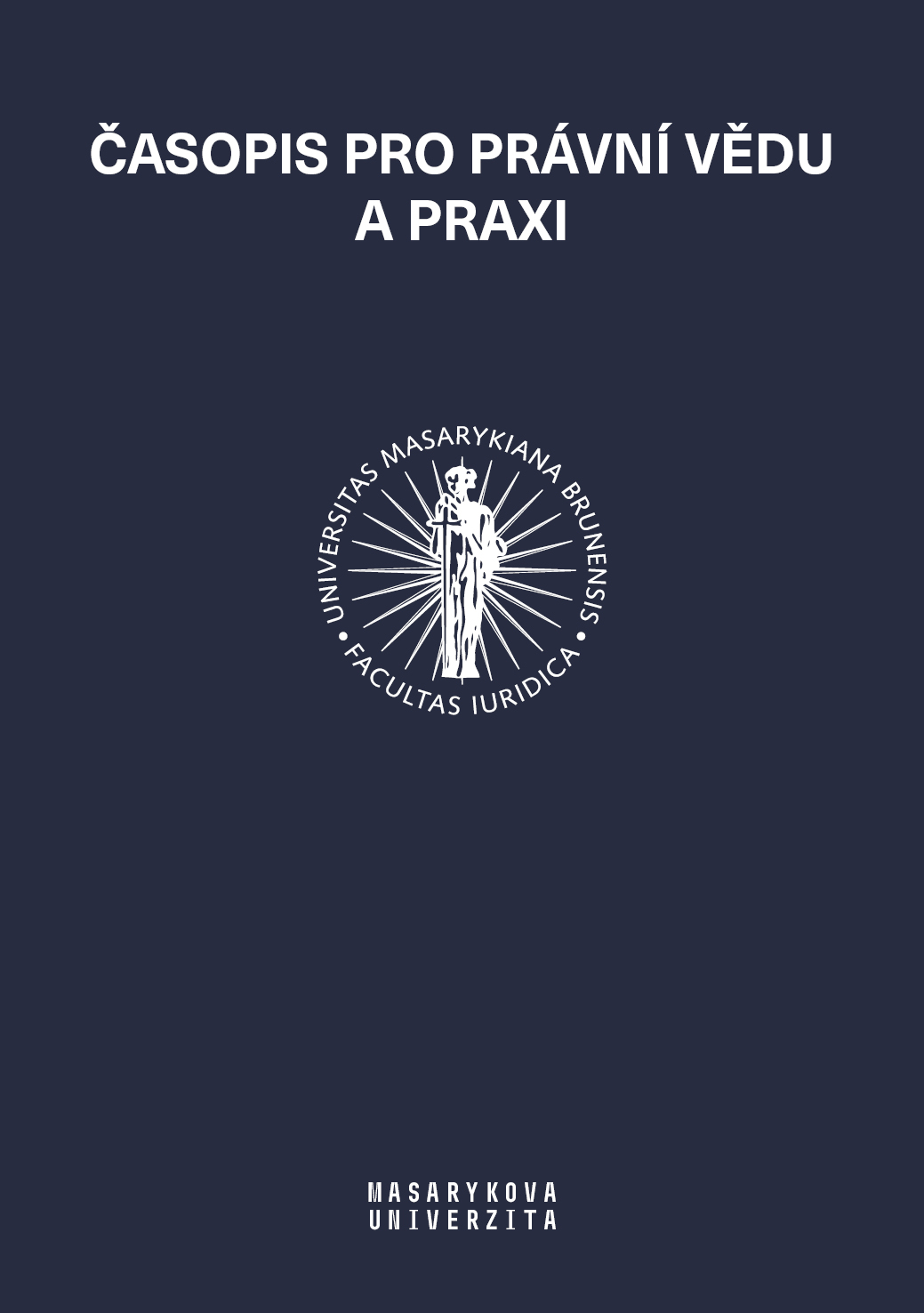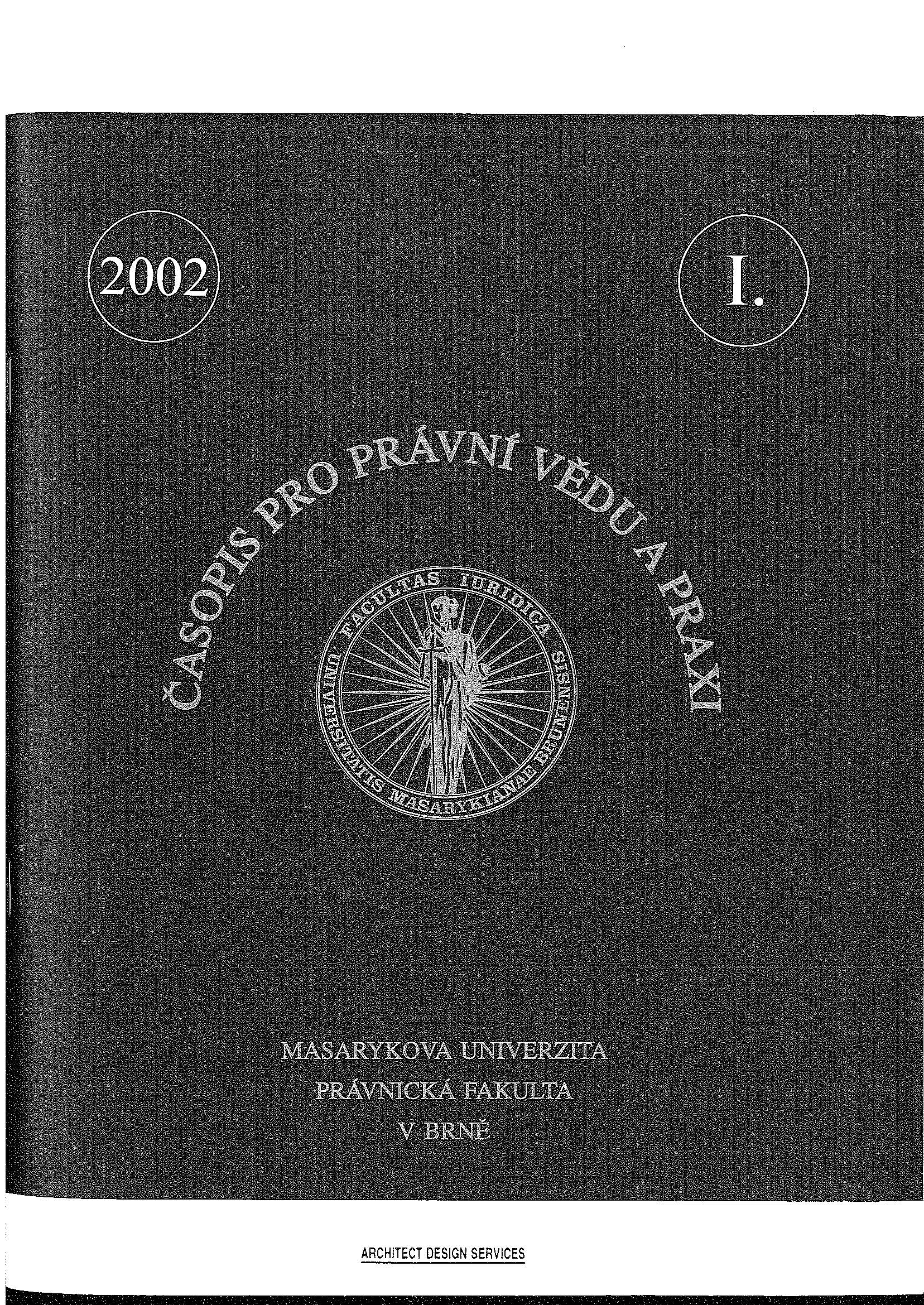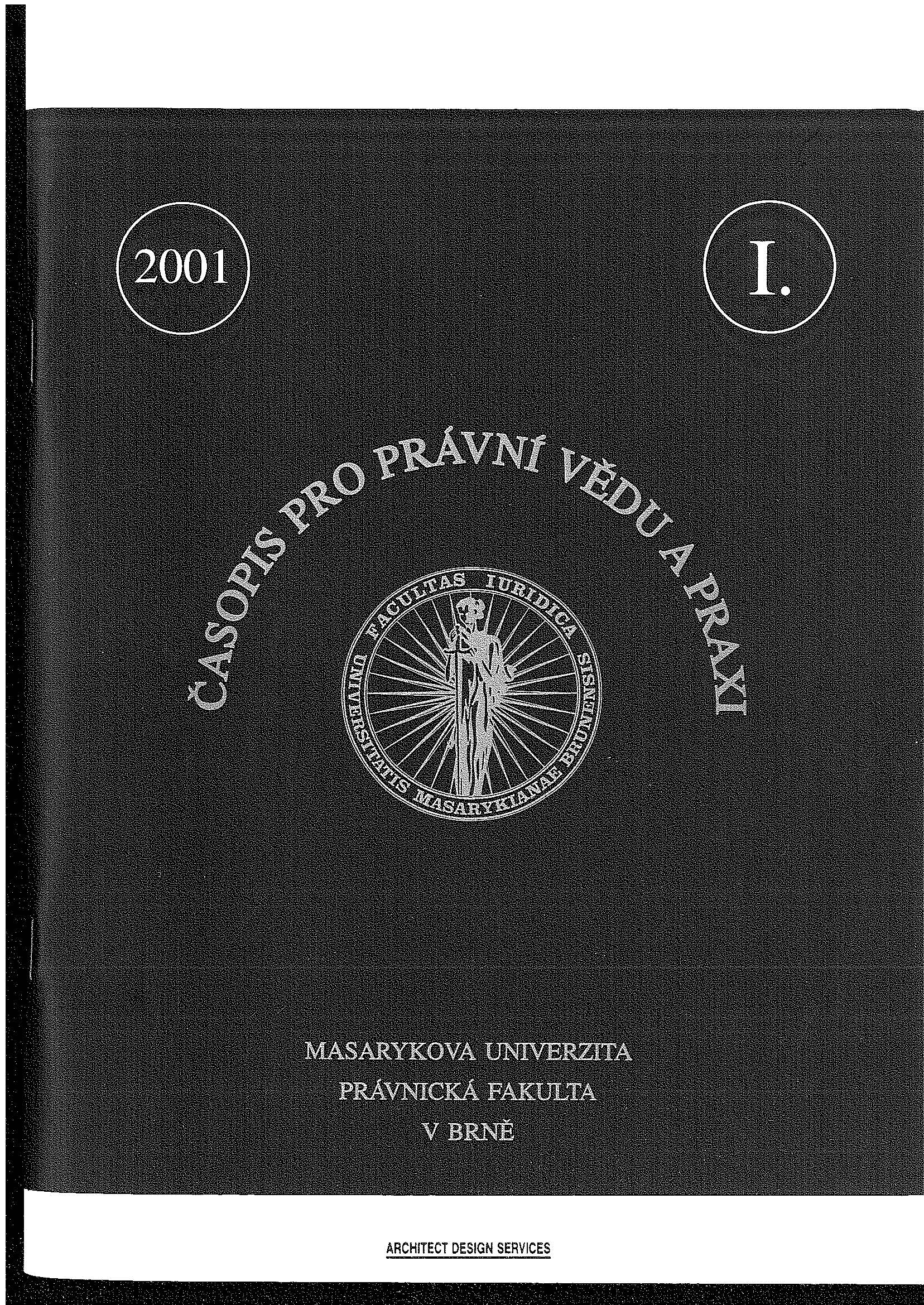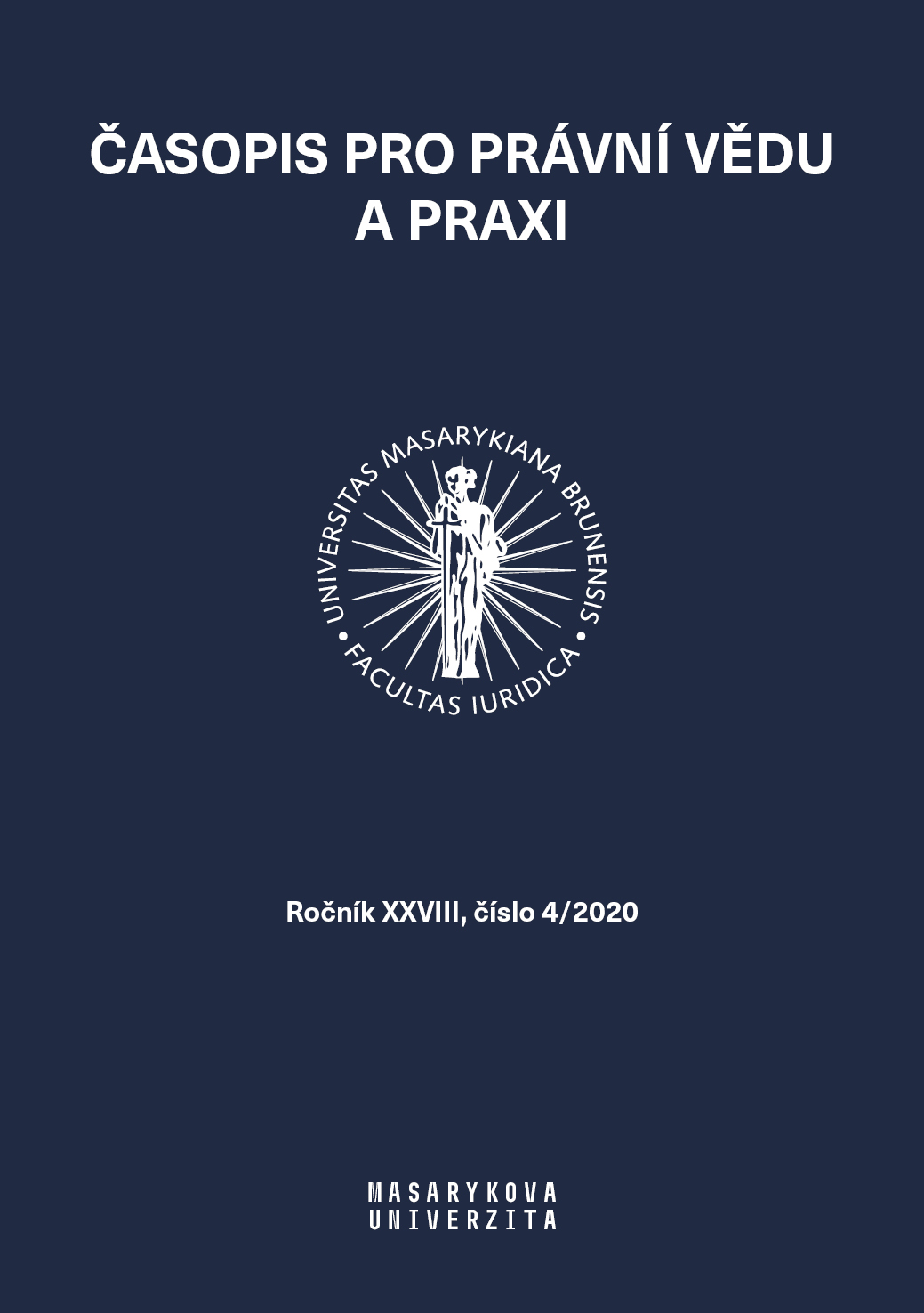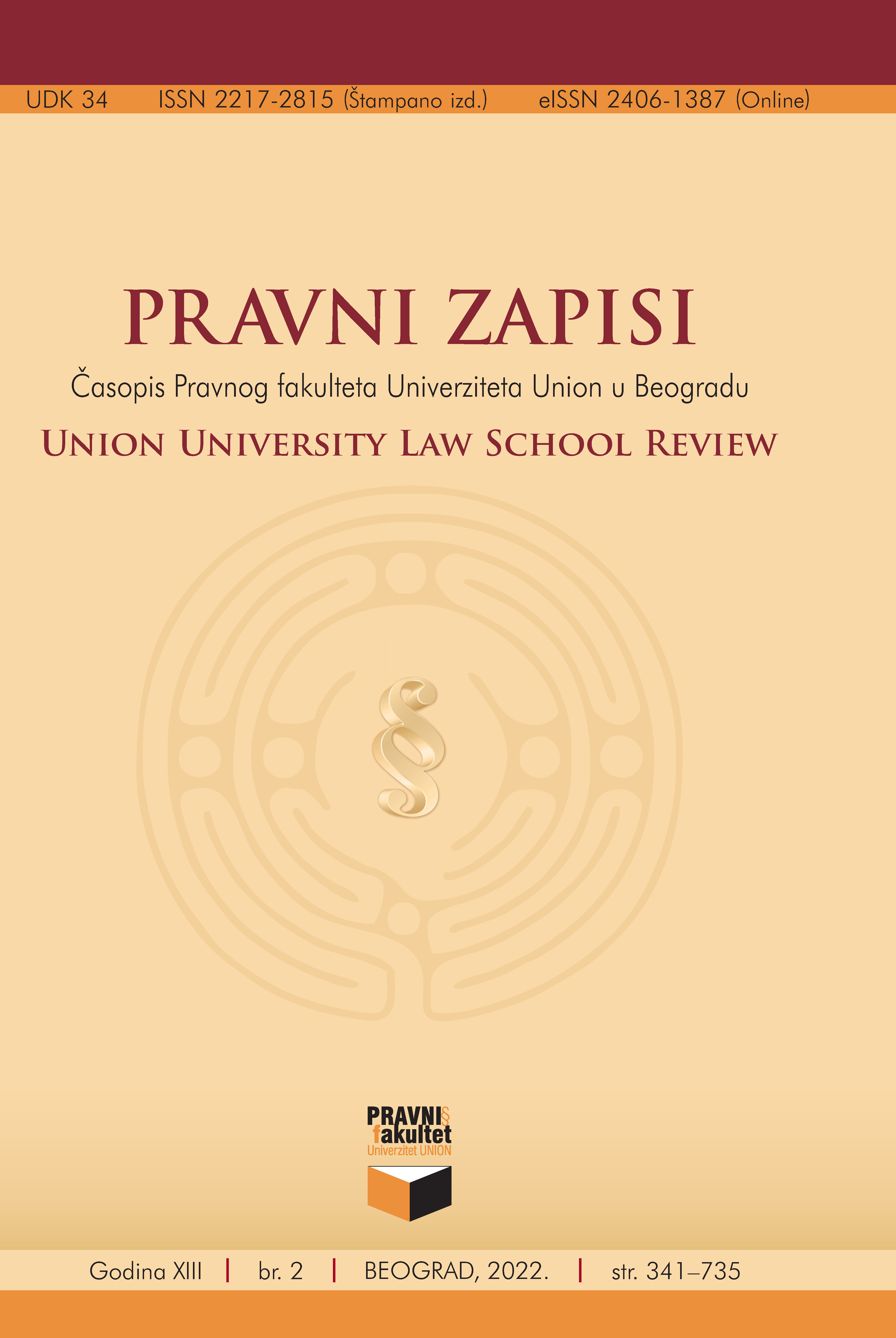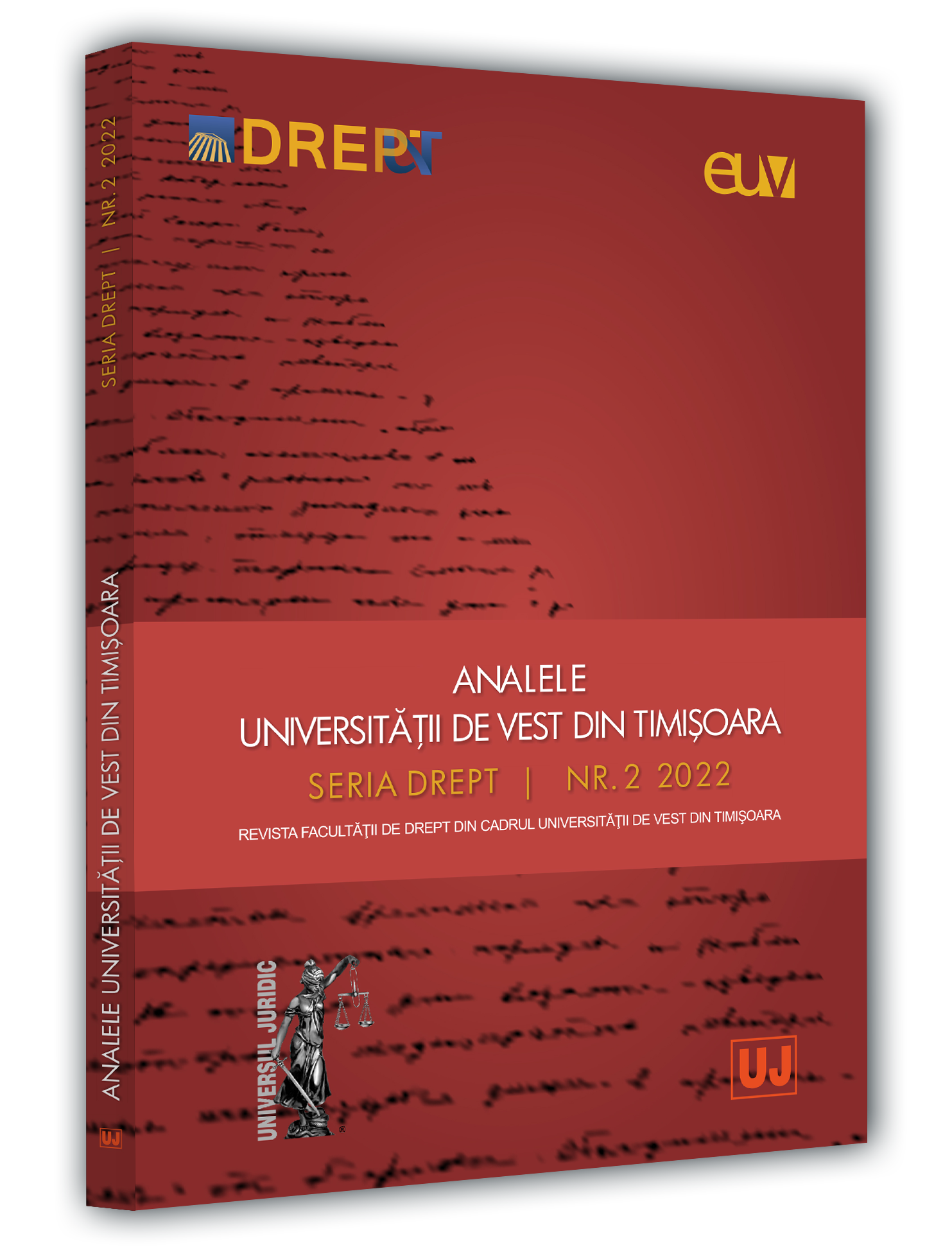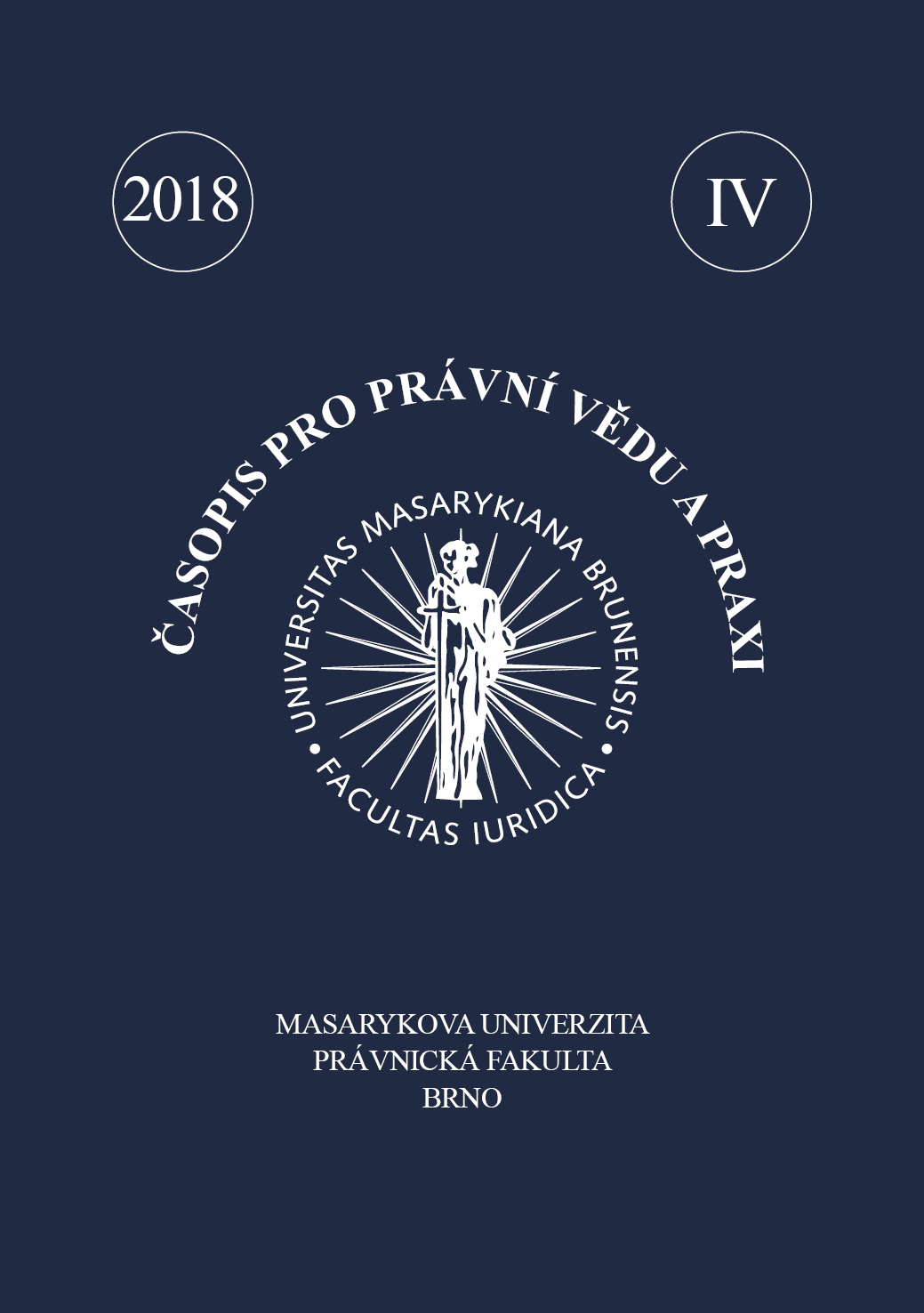
Právní status a postmortální ochrana nascitura v České republice
Questions related to the beginning of a human life and its status during prenatal period have been dealt not only by biologists, philosophers, ethicists, but also by legal scientists. In this regard, the discussion is focused primarily on answering the initial question, whether an embryo or a fetus has already a right to life. However, it can not be neglected that every beginning of a human life naturally has its end. For this reason, it is necessary to consider whether an unborn child is enough protected if he dies before the birth. Although practically no attention has been paid to this issue in the past, in the Czech republic the change has taken place in connection with the adoption of the funeral law amendment and related legal regulation, which also had fundamental consequences in the area of legal protection and manipulation with the remains of childs, dying before the birth. The aim of this article is to analyze the above legislation, including its comparison with the legislation that gives an unborn child during prenatal period a different level of legal protection than after the death.
More...
